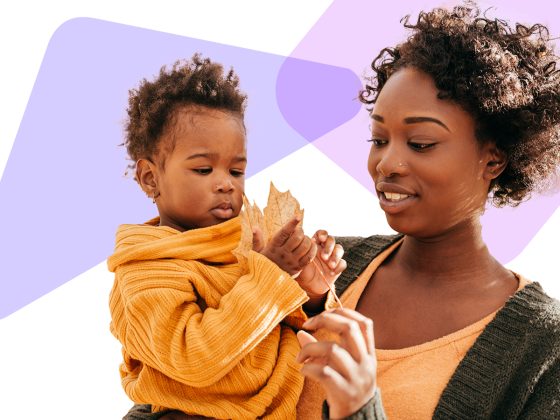
Grief and Change Caused by COVID-19
It’s okay to have feelings of grief when we experience changes big and small.
Grief and Change
The COVID-19 pandemic changed so many aspects of our daily lives. And the reality is, moving forward a more noticeable level of uncertainty may continue to be part of life. Transition and change can be difficult for everyone, especially young children. Consider the ideas in this article to help your family understand and cope with change.
Change is a part of life.
During big transitions, it may help to remember that change is a natural part of life. You might talk with children about things that change, and how those changes are good or helpful:
- When a plant grows from a seed, we see that change can be beautiful.
- When the seasons change throughout the year, we can enjoy new things, such as swimming in warm weather or playing in the snow in cold weather.
- When the colors on a traffic light change, traffic runs smoothly—change can be helpful!
Then, talk about some changes you’ve experienced or may experience soon. What good things happened (even very small ones)? What are you looking forward to?
Grief is a part of change.
Feelings of grief—including sadness, anger, and confusion—don’t happen only when someone we love dies. In fact, it’s natural to have these feelings when we experience other changes, even ones that seem relatively small. You may mourn the loss of routines, familiar places and activities, or just general consistency. It’s normal to feel sad or mad about what’s happened, and unsure about what might happen in the future.
Every member of the family grieves differently and at their own pace. Grief may go away briefly, return, and then go away again. Even when children seem okay, you can remind them that…
- It’s okay to feel big feelings, and even different feelings at the same time.
- We can miss how things used to be, and enjoy life now.
- It’s okay to feel joyful when something good happens, or to laugh when something is funny.
- When we feel sad, mad, or anxious, there are things we can do to help ourselves feel better.
Change helps us grow.
While it can be uncomfortable and painful, there can be beauty in change, too. Change brings the opportunity to learn important lessons and gain skills that can help us face future challenges. For instance, we may learn to advocate for ourselves or our family members, become more comfortable asking for help, or grow in compassion.
Big changes often help shape us for the better. You might think of some examples of how big changes have helped you learn and grow, and then share them with your children.
Can children think of ways they’ve grown?
Ask your child to repeat after you:
“I am changing, learning,
and growing every day.”
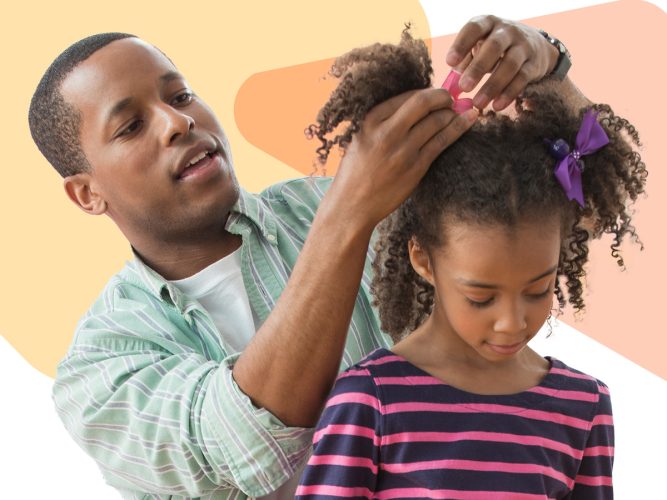
New Family Roles
Ideas to help families navigate changes after loss.
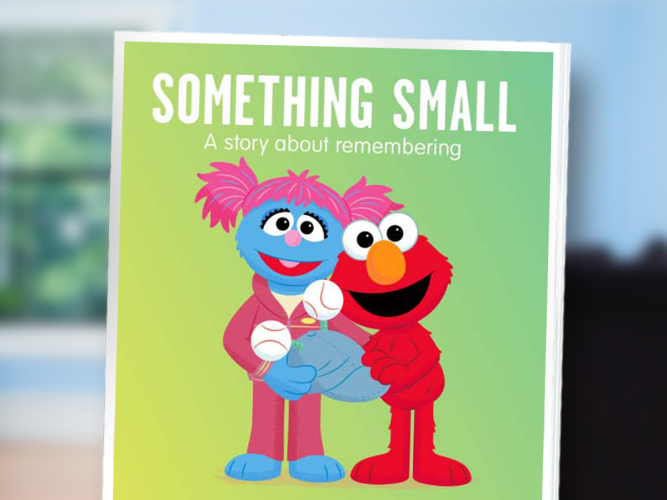
Something Small
Show children that even a small memory can help us remember loved ones.
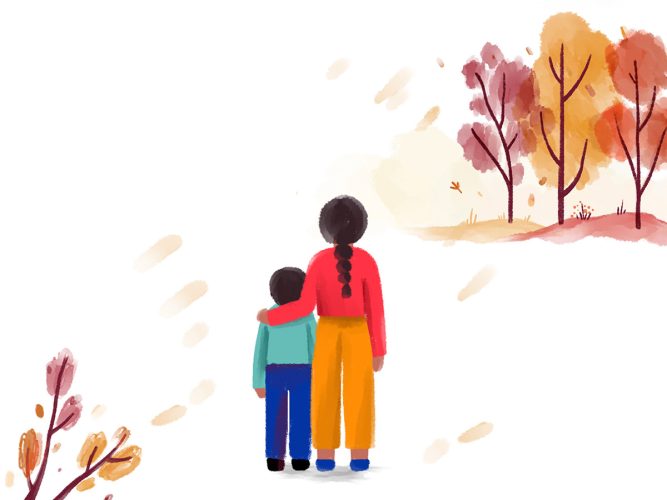
Growing as We Grieve
Parents and caregivers, reflect on your own experience of grief and hear what has helped other families cope, thrive, and find joy.

The Giggle Game
Play this game to help children (and grown-ups) hone in on the good things in life.
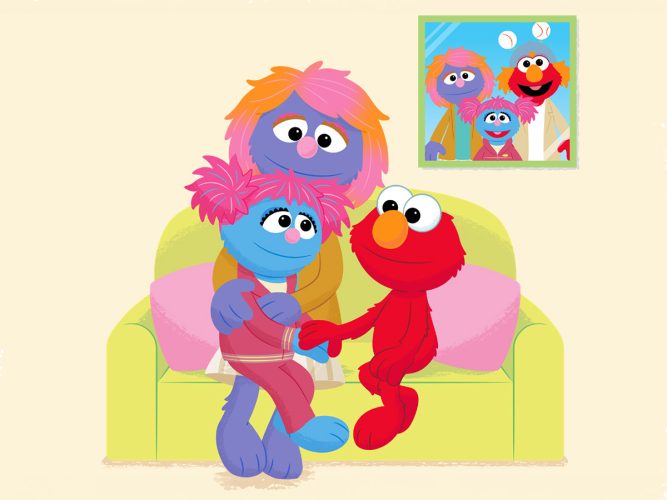
Growing as They Grieve
A special guide for providers supporting children who are grieving.
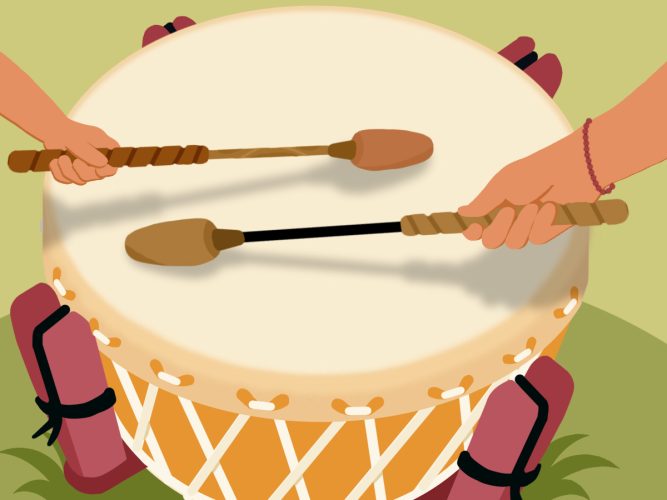
Supporting Grieving Native American Children and Families
Learn ways to support Native American children and families who are grieving with compassion and cultural humility.

Grieving and Growing: Helping Families Navigate Bereavement Together
